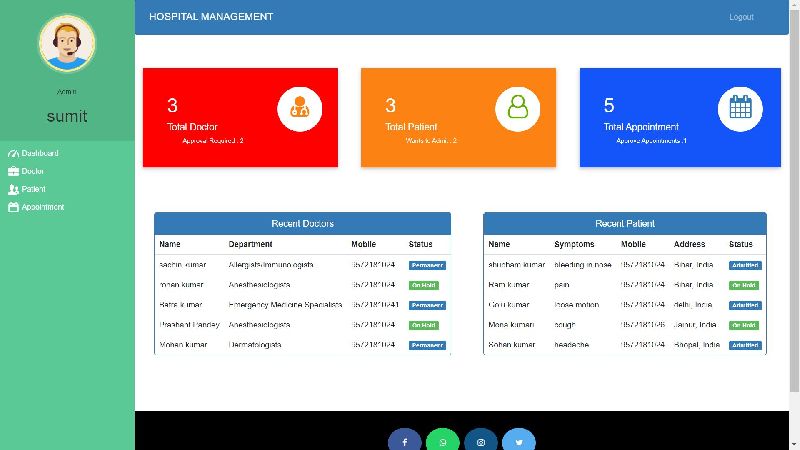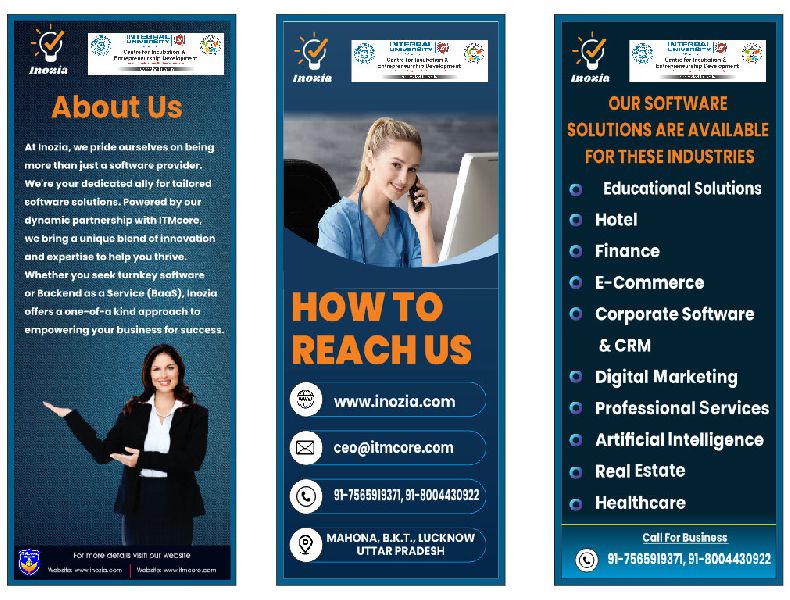Company Information
Ask for more detail from the seller
Contact SupplierHealthcare software refers to computer programs and applications designed to support healthcare professionals in managing and delivering patient care. These software solutions can streamline various healthcare processes, improve efficiency, and enhance patient outcomes. Here are some common types of healthcare software:Electronic Health Record (EHR) and Electronic Medical Record (EMR) Systems: EHR: An EHR is a digital version of a patient's paper chart, containing their medical history, diagnoses, medications, treatment plans, immunization dates, allergies, radiology images, and laboratory test results. EMR: Similar to EHR, an EMR focuses on the patient's medical history within a single practice or healthcare organization. Practice Management Software: Helps healthcare providers manage administrative and operational aspects of their practice, including scheduling, billing, and insurance claims processing. Telehealth Software: Facilitates remote patient consultations through video conferencing, secure messaging, and other communication tools. Picture Archiving and Communication System (PACS): Manages medical images, such as X-rays, MRIs, and CT scans, allowing healthcare professionals to store, retrieve, and share diagnostic images. Clinical Decision Support Systems (CDSS): Provides healthcare professionals with information and tools to assist in clinical decision-making, often by analyzing patient data and suggesting appropriate treatment options. Health Information Exchange (HIE) Systems: Enables the electronic sharing of health-related information among different healthcare organizations and facilitates communication between them. Healthcare Analytics Software: Utilizes data analysis tools to extract insights from healthcare data, helping in decision-making, resource allocation, and improving patient outcomes. Remote Patient Monitoring (RPM) Systems: Allows healthcare providers to monitor patients' vital signs and other health data remotely, often in real-time, to manage chronic conditions and prevent hospital readmissions. Pharmacy Management Software: Helps pharmacists manage prescription orders, dispensing, inventory, and patient information. Laboratory Information Management System (LIMS): Manages and tracks laboratory processes, including sample tracking, data management, and quality control. Radiology Information System (RIS): Manages and tracks radiology imaging orders, scheduling, and reporting.



